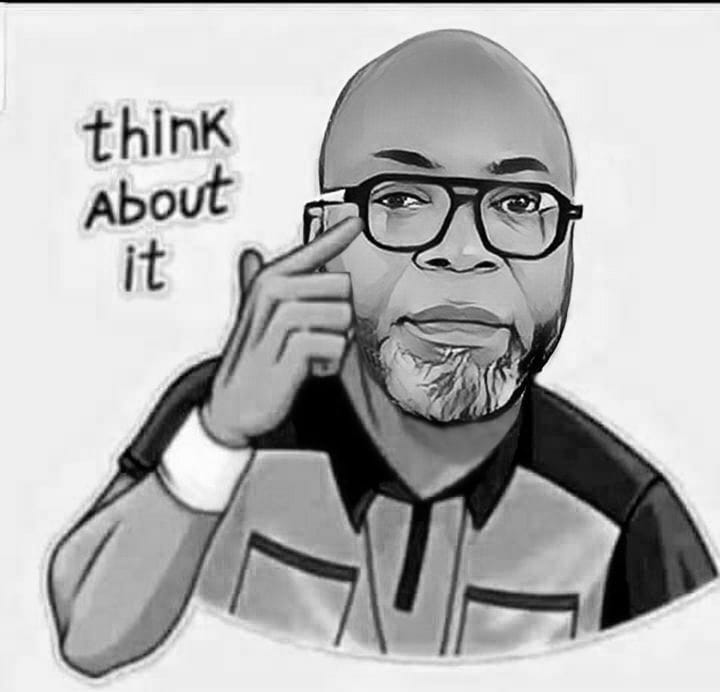By Dr. Abejide Olusegun
Recently, a self-proclaimed Nigerian political expert appeared on Channels Television and made a statement laden with delusion. He suggested, “The day El-Rufai decides and galvanizes opinion leaders and the power base in the North toward a PDP candidate, like Peter Obi, it would mark the end of the Tinubu administration.” Such a claim reveals a fundamental misunderstanding of Nigerian political dynamics and exposes the naive wishful thinking prevalent among much of the Northern elite.
First, let’s clarify how presidential elections are won in Nigeria. It’s not about social media noise, televised bravado, or imagined statistics. Winning the presidency requires a strategic consolidation of key levers of power. You need the support of seven critical governors: Lagos, Bayelsa, Delta, Rivers, Kano, Kaduna, and control over the Central Bank of Nigeria (CBN) governor, which makes the number of governors seven. These governors represent not only political dominance but also the financial resources needed to sustain a winning campaign. Even political newcomers should grasp the significance of these political and financial strongholds.
Currently, the control over these seven essential states is clear. While Kano and Kaduna may not have the highest voter counts, they are vital for the political logistics and financial framework that drive national elections.
Tinubu’s rise as the national figure El-Rufai has always aspired to be but never became.
The Fulani agenda to destabilize Nigeria’s political landscape through intimidation, manufactured crises, and manipulation of northern sentiments is dead on arrival. Nigerians will no longer be bullied.
Tinubu’s economic reforms, infrastructural projects, and efforts to build political bridges across ethnic and religious lines are solidifying his legacy, though not yet seen on the surface by the populace because they are microeconomic strategies for now, which is the first strategy for a serious leader to handle during reform. Very soon, before 2027, those micro strategies will transform into macro ones, just as can be seen in the reduced petrol pump prices presently. By the end of 2026, the whole country will embrace Tinubu, even including the so-called northern electorate. His presidency is more deeply rooted than critics acknowledge.
Therefore, Nigerians should disregard the empty boasts of El-Rufai and others like him. Instead, they should focus on strengthening democratic gains, supporting infrastructure development, stabilizing security, and advancing the economic repositioning that is currently underway.
In 2027, as in 2023, power will not shift due to noise or delusions. It will remain with those who master the strategic architecture of Nigerian politics.
The lesson is clear: In Nigeria and across Africa, the incumbent who plays their cards wisely, manages alliances effectively, and distributes benefits strategically does not lose. Tinubu is playing this game like a grandmaster.
As for El-Rufai and his associates, their political demise is already sealed. They will soon realize that their arrogance, selfish ambitions, and betrayal of national unity will lead to nothing but political isolation.
Tinubu may not be perfect, but he represents Nigeria’s best hope for fragile unity and continued progress. It is time for Nigerians to rally around the future, rather than regress to the same old games that have plagued the nation for decades.
